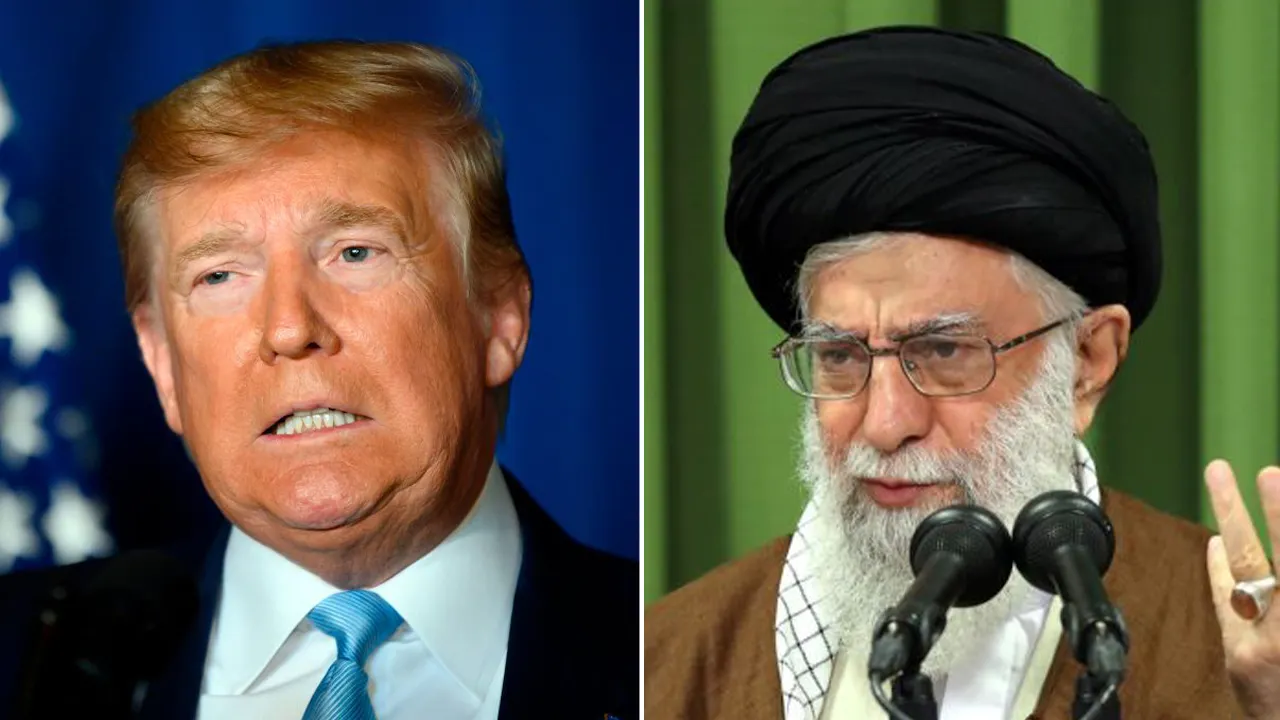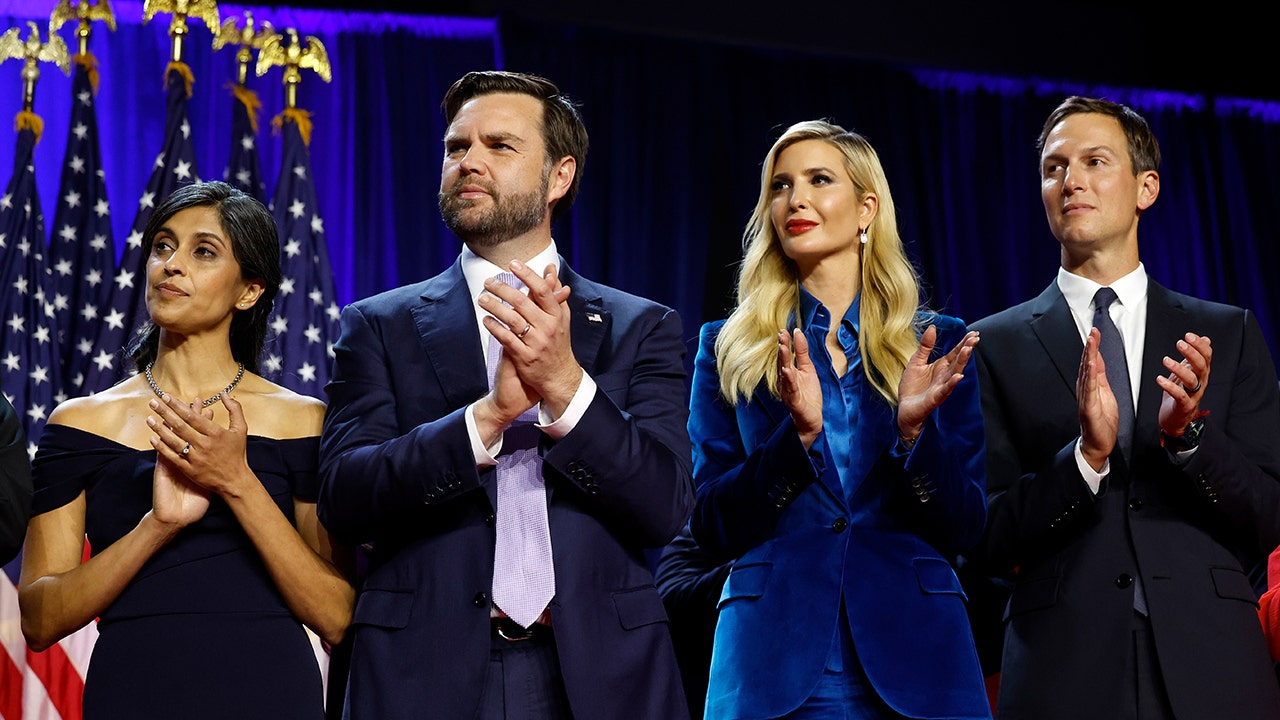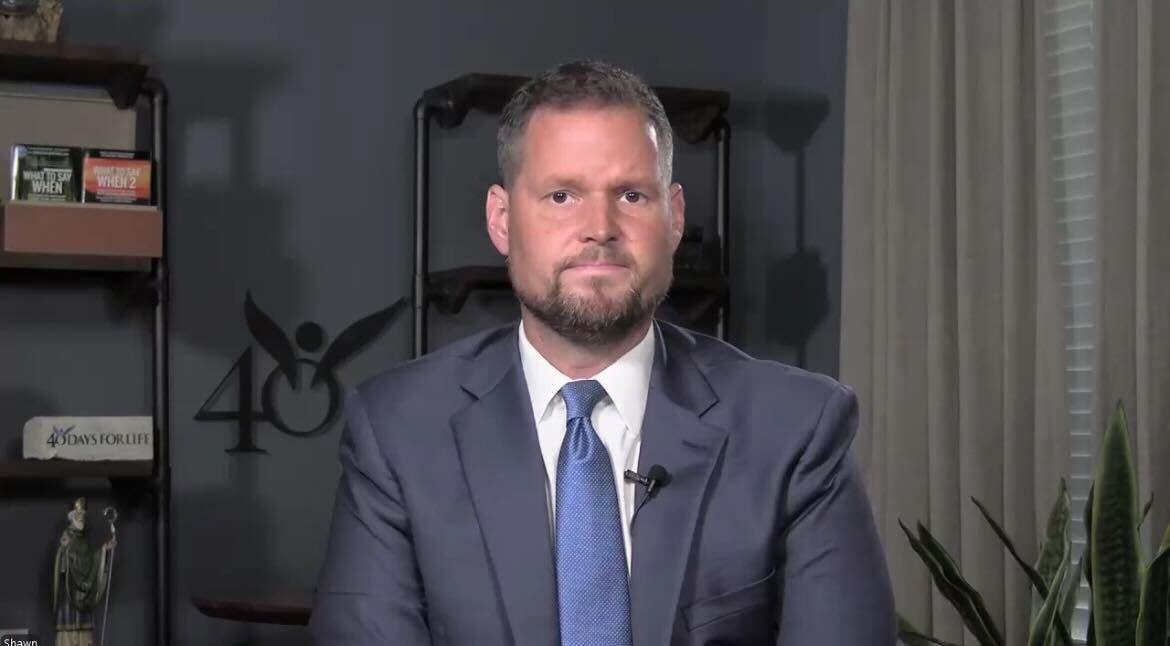“Children in many countries in the Middle East are facing a harsh reality today more than ever before: life shrouded by uncertainty and violence,” UNICEF Regional Director Adele Khodr said in a statement.
Almost every report of an attack includes news that children were among those killed, she said, noting that in less than a year, thousands have been killed across the State of Palestine, Israel, Lebanon and the occupied Golan Heights.
At the same time, many more children suffer “injuries that have forever marked their bodies and caused immeasurable damage to their mental health”. Many of these youngsters are also displaced and “living in a constant state of uncertainty and fear”.
Situation threatens to worsen
Ms. Khodr warned, however, that the situation for the region’s children threatens to get even worse.
“Any escalation in violence in the region will lead to severe humanitarian consequences, endangering the lives and wellbeing of many more children. It will also have long-lasting effects on the prospects for peace and stability in the Middle East,” she said.
“Immediate de-escalation is essential to safeguard the lives and wellbeing of children, as the alternative is unconscionable.”
Restraint, protection, de-escalation
She said UNICEF continues to call on all parties to urgently exercise maximum restraint and protect civilians and the critical services they rely on.
The UN agency and partners remain on the ground to provide essential services and supplies to support and protect children.
“However, what children truly need is peace and security, the opportunity for a life lived in dignity and free from deprivation and fear,” she insisted, “and that starts with de-escalation, a lasting political solution and the promise of a brighter future.”





